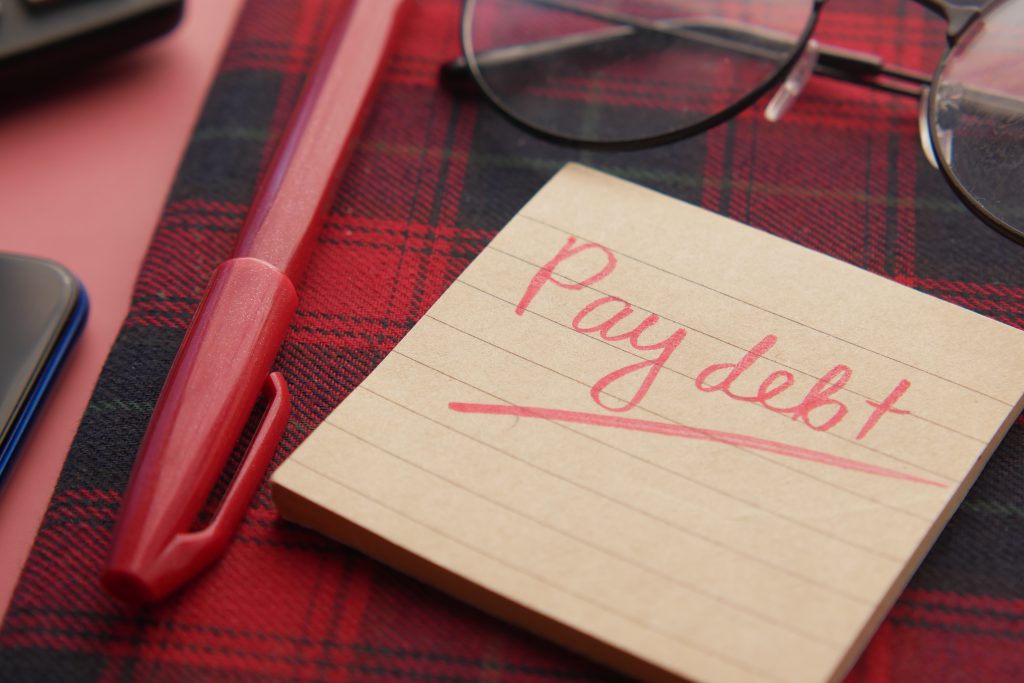
How to deal with post-Christmas Debt
Everyone knows that January can be a tough month. The post-Christmas blues and the usual dreary weather can leave us feeling down and struggling to cope. Over the coming weeks, the post-Christmas credit card bills will be arriving, which for many will be uncomfortable reading.
Overspending at Christmas can lead to what is often referred to as a ‘Christmas Debt Hangover’.
In fact, according to a leading debt charity, 33% of UK consumers planned to use credit to pay for part, or all, of their Christmas spending this year. In addition to this, it will take the average person seven months to pay off their Christmas debt. This can take even longer when there are already existing debts and credit commitments to manage.
Take a breath
The most important thing to remember is not to panic, there are plenty of debt management solutions out there. We have some suggestions that should make dealing with post-Christmas debts a bit easier to manage.
How much debt do I have?
The first thing you need to look at is how much debt you actually have. You should make a list of everyone that you owe money to, and calculate how much you owe to each of them. This can be scary when it is in black and white, but you need to know exactly what you are dealing with, in order to manage it effectively.
Look at your budget
In order to work out what options are available to you, and how much you can afford to repay on a monthly basis, you need to draw up a household budget. This will allow you to see how much money you have left at the end of the month to deal with your debts, after you have made your priority payments such as mortgage/rent, secured loans and household bills. Priority debts are the most important debts that you need to pay. They are ones where serious action can be taken against you if you miss payments.
Once you have detailed your priority debts and basic household living expenditure, you should be able to work out how much money you have left to deal with your non-priority debts.
There is a free budgeting tool that you can use to help you to do this, on MoneySavingExpert.com.
Avoid taking out more debt
This quick fix may seem a good idea at the time, but it will only make your debt issues worse. If you are already in debt, the chances are that any further credit available to you will come with hefty interest charges. In the long term this will do more harm than good.
It’s good to talk! We can help.
Remember, if you do get into difficulties it is important that you get professional debt advice as soon as possible, in order to stop the situation escalating.
For free and confidential help and advice on debt and money-related issues, contact our experienced insolvency team here at Arthur Boyd & Company by email info@arthurboyd.co.uk or call 028 90329255.

 Call Us
Call Us
